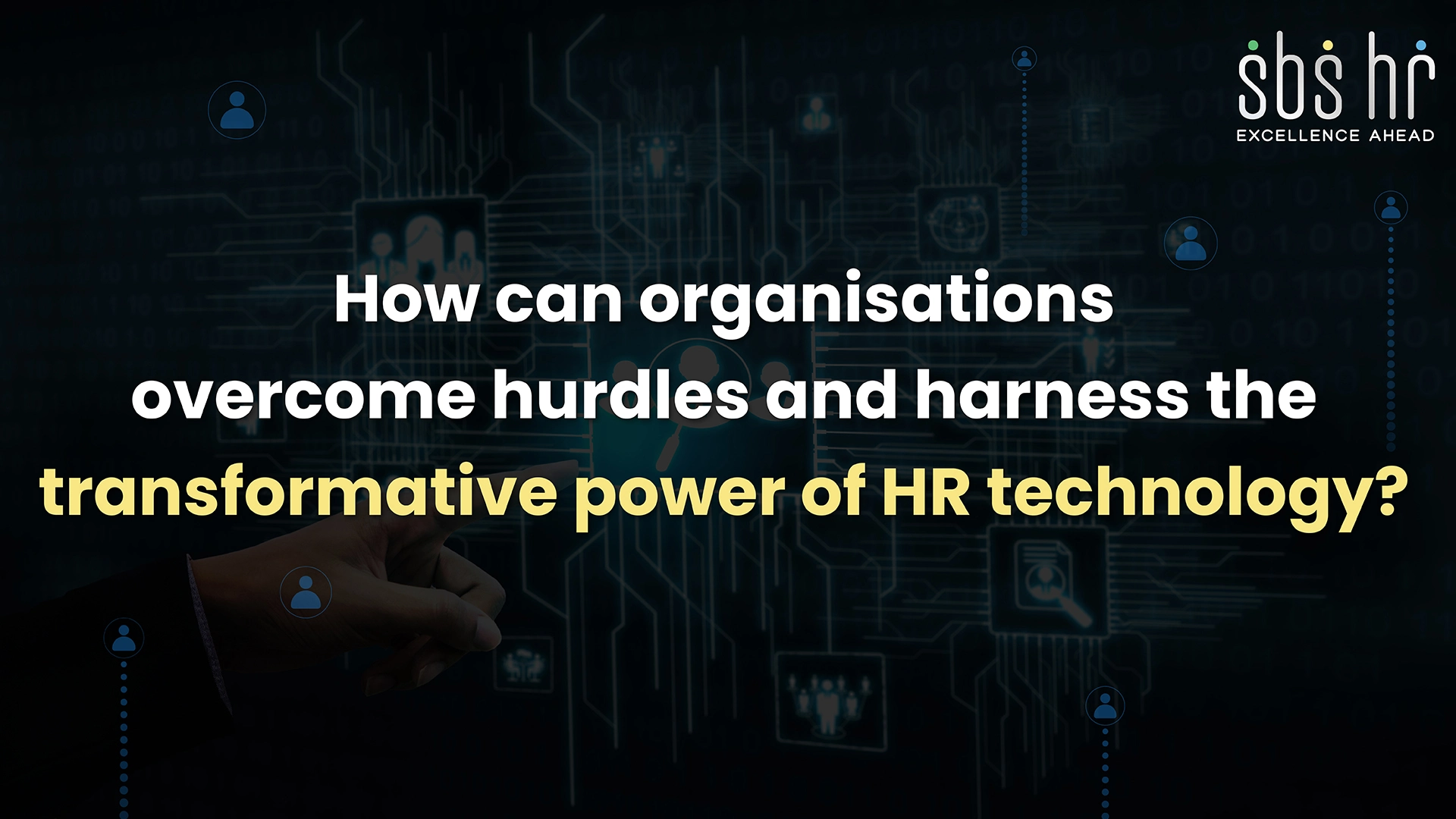Implementing HR technology holds the promise of transforming human resources management, yet the journey is often fraught with complexities that can hinder progress. From resistance to change and integration issues to budget constraints and security concerns, the path to adopting HR tech is laden with challenges that organisations must navigate strategically. Understanding these challenges is crucial for businesses aiming to leverage technology effectively to enhance HR operations and drive organizational success.
Reasons employees resist new HR tech and the strategies organisations can use to ensure successful implementation?
Resistance to Change
Staff Reluctance:
Employees may resist using new technology due to unfamiliarity, fear of job displacement, or concerns about increased workload.
Corporate Culture:
Existing company culture may not support technological innovation, leading to reluctance or scepticism among staff.
Skills Gap:
Insufficient training and support for employees transitioning to new systems can hinder adoption and usage.
Enterprise Application Integration (EAI)
Integrating new HR technology with existing systems is a critical aspect of successful implementation, yet it often poses significant challenges for organizations. The complexity lies in ensuring seamless compatibility, data integrity, and operational continuity across various platforms and processes.
Interoperability Challenges:
HR technology may not seamlessly integrate with existing software or systems used across different departments.
Data Migration Challenges:
Transferring data from old systems to new ones can be complex, leading to data integrity issues and operational disruptions.
Tailoring Requirements:
Organizations may require customization of HR tech solutions to align with specific workflows and processes, which can be time-consuming and costly.
Financial Planning
Budgetary Limitations:
Limited financial resources may restrict the adoption of advanced HR technology solutions or delay implementation plans.
Overruns (Hidden Costs):
Additional expenses such as training, customization, ongoing support, and potential upgrades may exceed initial budget estimates.
ROI Uncertainty:
Calculating and demonstrating the return on investment (ROI) of HR tech adoption can be challenging, especially in the short term.
Mitigating HR Technology Adoption Challenges
Stakeholder Buy-In:
Gain support from key stakeholders, including leadership, HR teams, and end-users, by demonstrating the strategic benefits and addressing concerns proactively.
Comprehensive Planning:
Develop a detailed implementation plan that includes clear objectives, timelines, budget allocations, and contingency measures.
Strategic Communication:
Communicate consistently and transparently with all stakeholders throughout the adoption process, providing updates, addressing feedback, and managing expectations.
Training and Assistance:
Invest in comprehensive training programs and ongoing support to empower employees to effectively use and maximize the benefits of HR technology.
Continuous Evaluation (Ongoing Assessment):
Regularly assess the effectiveness of HR tech solutions, gather feedback from users, and make necessary adjustments to optimize performance and ROI.
Conclusion
While the road to HR tech adoption may present challenges, addressing these obstacles with strategic planning, stakeholder engagement, and proactive management can pave the way for successful implementation. By understanding the common challenges and implementing effective solutions, organizations can harness the full potential of HR technology to enhance efficiency, improve decision-making, and foster a more engaged and productive workforce.


